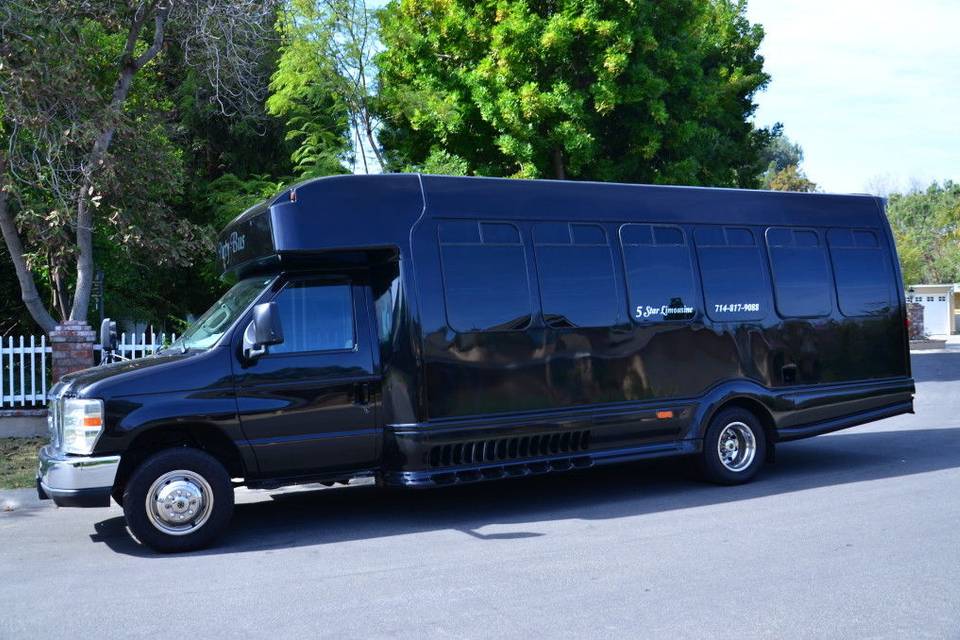
The type of generator you choose to rent a bouncehouse is one of many factors. There are many types of generators available, including gas, electric and portable. The size and size of your bounce house will determine which generator you choose. For instance, a medium-sized bounce house requires a smaller generator than a large commercial one.
Portable
A portable bounce house generator must be purchased with care. Generators can run on propane, gas, or solar power. While propane is cheaper and easier for storage, it is less clean than gas and you will need to clean the carburetor prior to using it. Generators powered by solar energy cannot provide enough power for a bounce house.
Another factor to consider when purchasing a portable bounce house generator is noise. Although a portable bouncehouse generator should not make too much noise, it will not run the blower that keeps the bounce house inflated. It may leak, which could cause the blower to stop working properly and leave you with a damaged inflatable.

Gasoline
A gas-powered generator is the best option for a bouncehouse. It can be powered by gasoline, propane, natural gas, or both. The cost of gasoline is lower and can last up to one-year. However, before using it, be sure to thoroughly clean the carburetor. Propane can last for longer than gasoline, and it is cleaner. There are solar generators that can be used, but they cannot produce enough wattage for a bouncehouse.
Fuel cost will vary depending on how powerful the generator is, but typically a 2000-watt unit can run for approximately four hours. A generator with a larger fuel tank will run longer.
Electric
There are several ways to power your bounce house. You can use solar power, gasoline, propane, or natural gas. If you're using gasoline, you must be very careful to store the fuel properly. Propane can be stored indefinitely and is cleaner. You can also use solar power, but you need to make sure you have enough stored solar energy.
In addition to supplying enough power, you'll need to pay attention to the noise level of your generator. The noise level of the generator should not cause too much distress to your children. You should keep the generator at the least one-foot distance from the bouncehouse. An extension cord might also be required.

DuroStar
A generator is necessary to power a bouncehouse. Generators can be run on four types of fuel: gasoline (propane), natural gas (natural gas), and solar power. However, gasoline is the most expensive option. But you need to ensure that the carburetor is clean. Propane is cleaner. Solar generators are another option, but they cannot produce enough power to power a bounce house.
The DuroMax XP4400E is more powerful than the DuroStar DS4000S. This unit can generate up to 13,000 Watts with its 500cc OHV-engine. Its power panel includes multiple outlets, including two 120V household outlets as well as individual breakers. It can be used in all 50 U.S. states and lasts up to 8 hours on a full fuel tank.
FAQ
Are rewards and insider programs worth the effort?
Rewarding yourself with great rewards is great but not always worthwhile. Make sure you get value for your money if you decide to sign up for an online program. Make sure you understand how much time and money you spend on it.
Be careful if you sign up for a reward card because of a great signup bonus. Sometimes these bonuses won't be worth the effort to apply for one.
You should also ask yourself why it is that you want to be a part of a rewards program. Many people join because they see their friends doing it. You may not be interested in the services or products offered by the company if this is the reason you quit.
Why is it better to use credit cards when shopping online?
Credit card companies offer many benefits including free shipping, cashback, and rewards programs. Credit cards also provide protection against fraud. They don't have fees, which is why they are better than debit cards.
Customers who need to pay off their balance on time will also be able to use credit cards. Credit cards let you shop with confidence, regardless of how much money your account has.
Why should I not believe the online and in-store sales hype?
Sites sometimes exaggerate the price of an item in order to make it appear that you are spending more. It is up to you, therefore, to ensure that the prices you receive are correct. You can simply add the item to your cart so that it doesn't go missing. Finally, you can do a quick Google Search for the designer's name as well as the product type. It may turn out that the incredible deal you thought was yours is actually quite reasonable. You may even find that same item for less.
Do I really need to register my credit card number when shopping online?
Registering for your credit is optional. You may want to register your credit card if you would like to receive discounts and special offers. It's always recommended to protect yourself by verifying your identity with your bank.
Statistics
- Your Online Purchases 79% of Americans purchased goods and services online in 2018, which is expected to exceed 90% in 2023. (meetfabric.com)
- A report from the U.S. Census Bureau found that in the first quarter of 2022, an estimated $250 billion was spent on retail e-commerce sales.1 (thebalance.com)
- Beyond that, you'll be liable for a 25% import tax. (makeuseof.com)
- All items on AliExpress have an estimated delivery time on the product page, and it's usually anywhere from 20 to 60 days. (makeuseof.com)
External Links
How To
How to shop online safely
Online shopping can be one of the most convenient and cost-effective ways to purchase goods or services. But, convenience comes with a cost. There are benefits, but also dangers to shopping online. Identity theft is the biggest threat. Identity theft is the greatest threat. Identity thieves steal your personal information (names, addresses and credit card numbers) in order to either steal money from you, or take out fraudulent loan against your name. They then make a profit by selling your stolen information on a black market. Here are some tips for staying safe online.
-
Secure websites are recommended. SSL encryption is offered free of charge by many online stores to protect customers’ information. It means that any information entered onto their website such as names, addresses and phone numbers is encrypted so that only you have access to it. It prevents others from viewing what you put in. When choosing which online store to do business with, ensure they have a valid certificate issued by a recognized CA. When browsing the internet, look out for the green padlock icon near the URL bar.
-
Never give your password away. When you first sign-up for a new account you'll receive an email asking for confirmation of your username and/or email address. This information should never be given to anyone. Don't keep them in your wallet. They could also be used to access your accounts if you lose your wallet. Instead, save them securely on your computer. Your passwords should be changed at least every three to four months.
-
Keep track and keep track of your orders. If you're sending items to yourself or others, make sure you keep track of where you send those packages. Many people fall prey to fraud by believing that they sent something to themselves but it was actually sent to someone else. Before you pay shipping fees, ensure that the tracking number is checked. Always get proof of delivery before you ship anything. If you aren’t satisfied with your service, contact the company as soon as possible.
-
Make sure you know who your dealings with. Many websites ask you for sensitive information, including your full name, date and birth, Social Insurance Number, bank routing number, and social insurance number. These details help them identify you, so be careful about giving them out. Google "what is required" if you are unsure if a website requires this information. There are many ways to find answers.
-
Pop-up windows are a danger. Many sites bombard you with pop-ups advertising deals, special offers, and other products. While some ads might seem legit, others may trick you into giving out private information. A fake antivirus program, for example, might ask you for your social insurance number and credit card number. To avoid being tricked, never click on links that appear suspicious.
-
Phishing scams can be dangerous. Phishing scams involve hackers posing as reputable companies to trick consumers into handing over their financial information. Phishers often create emails that look like they come from banks or retailers, encouraging users to log in and update their account information. The hacker can access your finances once you have given your personal information. Hackers are able to drain your bank accounts and transfer funds among different accounts. You can find many resources on how to spot a phishing scheme, including How To Spot a Fake E-mail Scam.
-
Do your homework. Always read all terms and conditions before you sign up for any deal. You must understand the terms and conditions before you sign any contract. Take the time to review all terms and conditions carefully. It is important to avoid hidden fees or charges in order to save money.
-
You can shop around. Shop around. Compare prices across many different websites until you find the best price. If you order multiple items, make sure to compare shipping costs. Shipping rates can vary widely depending on which website is used. It's worth paying a little extra for fast shipping.